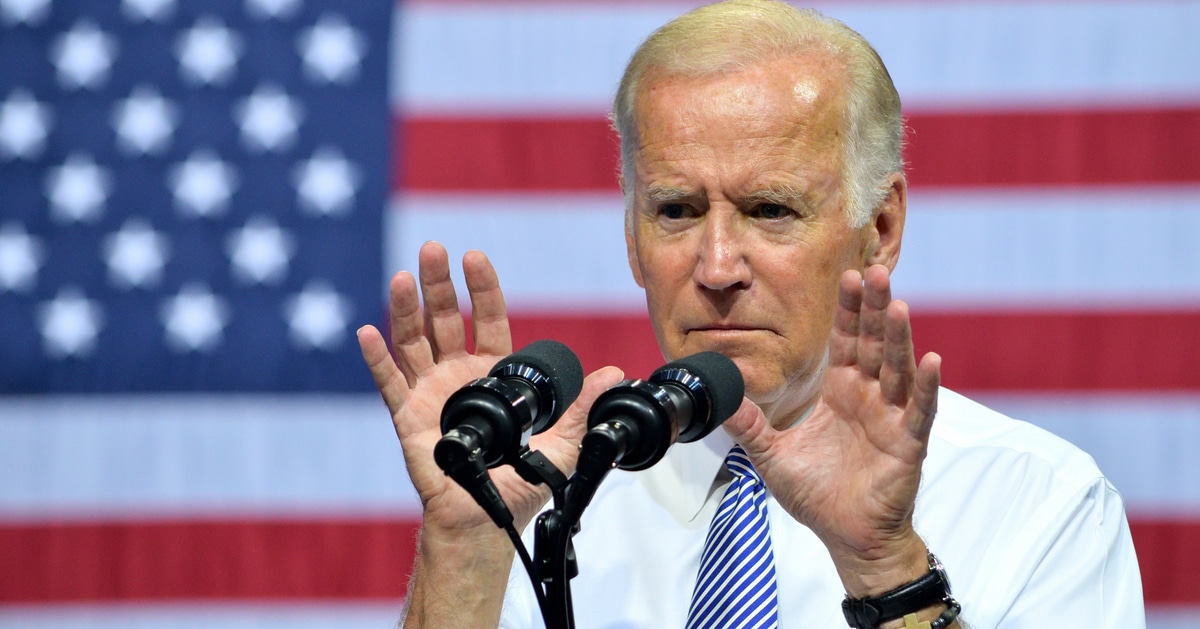

Vice President Kamala Harris has reversed her stance on child tax credits after former President Donald Trump announced his intention to expand the credits.
The Post Millennial reported that Harris, once a critic of the 2017 tax reforms that expanded child tax credits under Donald Trump, is now advocating for increasing the benefit to $6,000.
In 2017, then-Senator Harris voted against the tax cuts proposed by Donald Trump, which included an increase in the child tax credit.
At the time, she labeled the tax reforms as “shameful” and unreflective of American values, wrongfully claiming that they primarily benefited corporations and the wealthiest Americans.
Throughout her 2019 presidential campaign, Harris remained consistent in her criticism of the 2017 tax law. She promised to repeal the legislation on her first day in office, condemning its skewed benefits towards the top 1% of income earners.
Repealing the 2017 tax plan as Harris had proposed would mean reversing the increased child tax credits—reducing them back from $2,000 to $1,000. This plan underlined her firm stance against the tax reforms enacted during Trump's presidency.
However, the political landscape and policy positions evolve. Recently, Harris has taken a new stance, advocating for a substantial increase in the child tax credit to $6,000. This proposal comes in the wake of new political dynamics and public policy debates.
JD Vance, the GOP Vice Presidential candidate, voiced support for a child tax credit increase to $5,000 per child during an appearance on CBS's “Face the Nation.” This statement was made just days before Harris unveiled her plan.
Following JD Vance's endorsement of a $5,000 child tax credit, Vice President Harris announced her proposal to increase the credit even further to $6,000. This move is seen as an effort to outmatch the opposition while addressing the critical economic needs of families.
The response from the Trump-Vance campaign was swift and critical. They released a statement condemning Harris’s economic policies, labeling them as “communist” and highlighting her previous opposition to similar tax benefits.
The press release accused Harris of flip-flopping on her stance regarding the child tax credit, pointing out her prior intentions to repeal the 2017 tax legislation that originally doubled the credit.
The political rhetoric surrounding the child tax credit has intensified, reflecting the high stakes of fiscal policy in presidential campaigns. Harris’s change in position underscores a strategic pivot in her policy approach, aimed at appealing to middle-class voters.
“On day one we’re going to repeal that tax bill that benefited the top 1 percent and corporations,” Harris had stated emphatically during her campaign. This quote highlights her initial aggressive stance against the 2017 tax adjustments.
JD Vance’s comments on the potential benefits of a $5,000 child tax credit contrast with the Democrats’ new proposal, setting the stage for a contentious debate over fiscal policy and family welfare.
The increase in the child tax credit proposed by Harris could have significant economic implications. By raising the credit to $6,000, the policy could provide substantial financial relief to families struggling with economic uncertainties.
This shift in Harris's stance might also reflect a broader Democratic strategy to capture the family-centric voter segment that could be pivotal in upcoming elections.
As the political battle heats up, the child tax credit remains a critical issue, with each party vying to present the most attractive option to American families.



